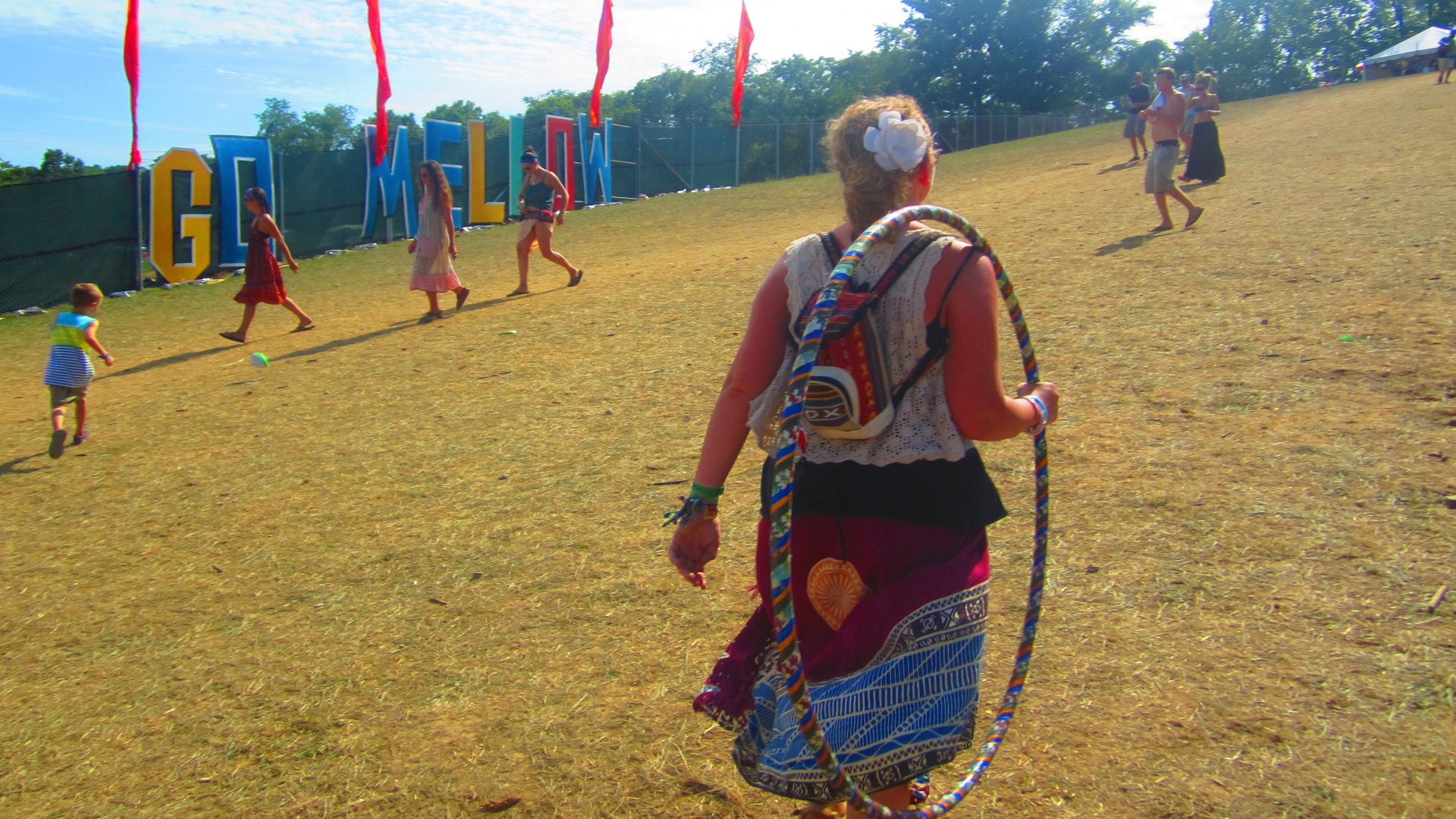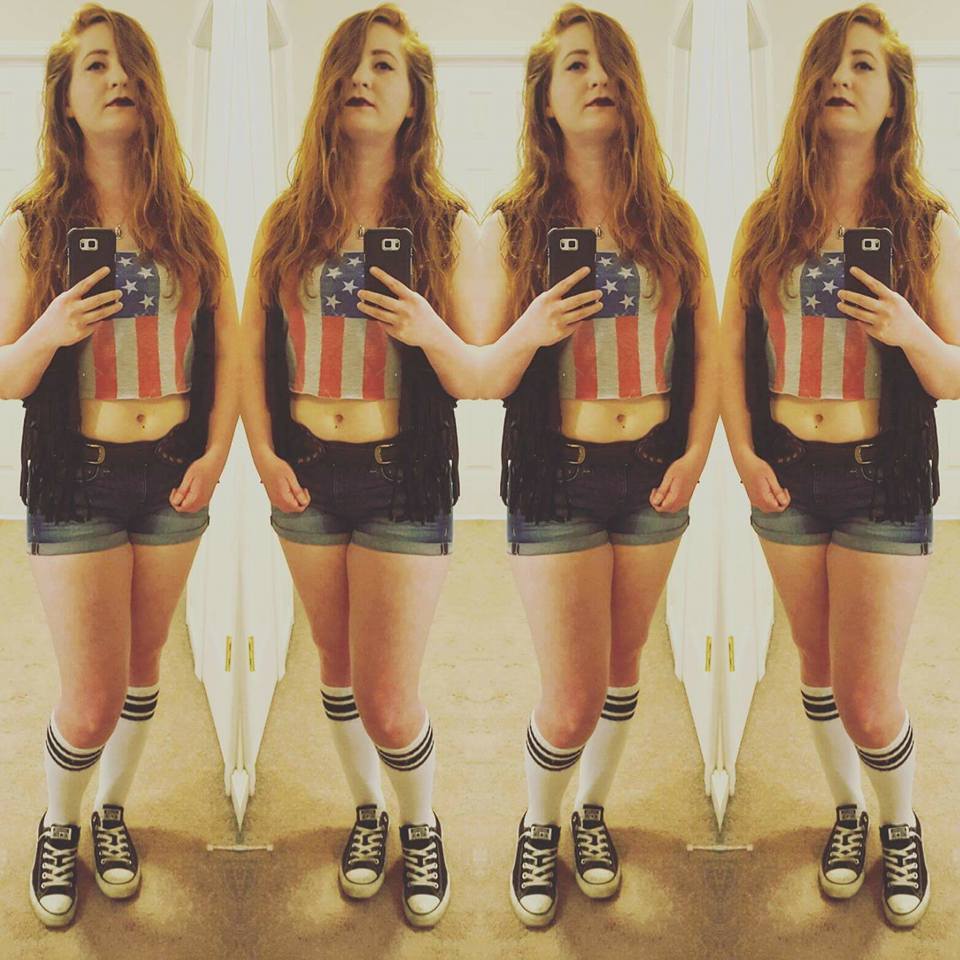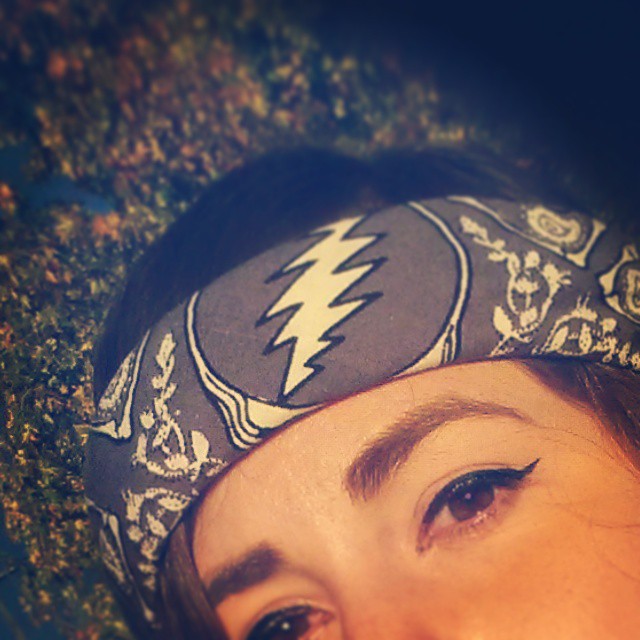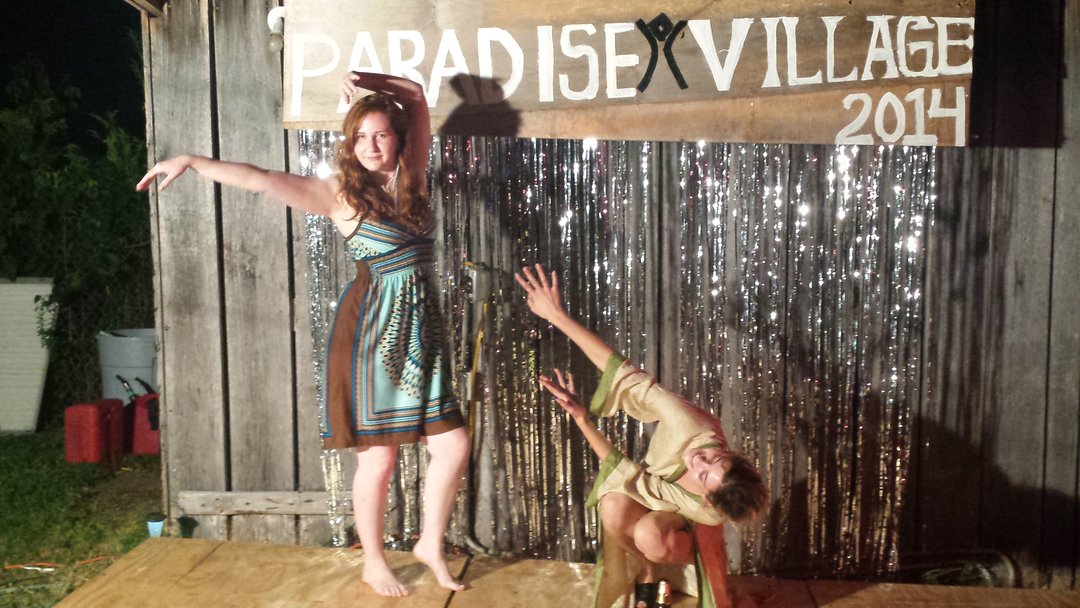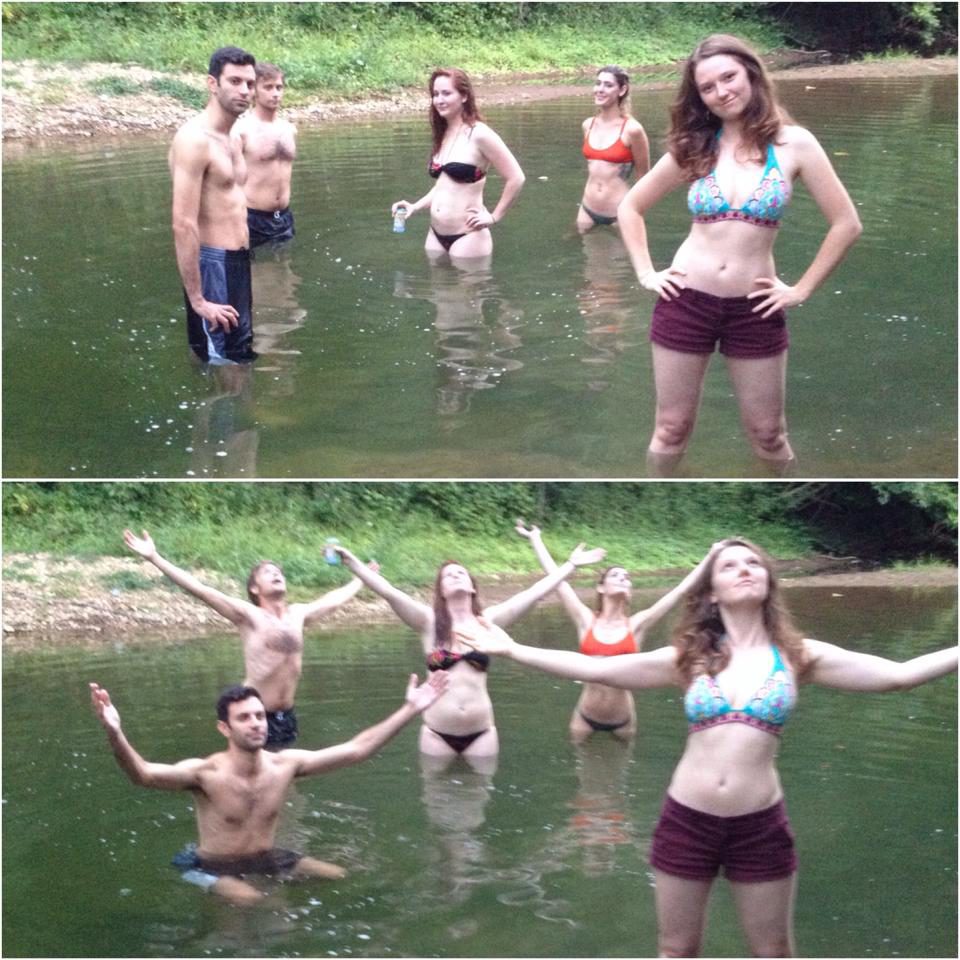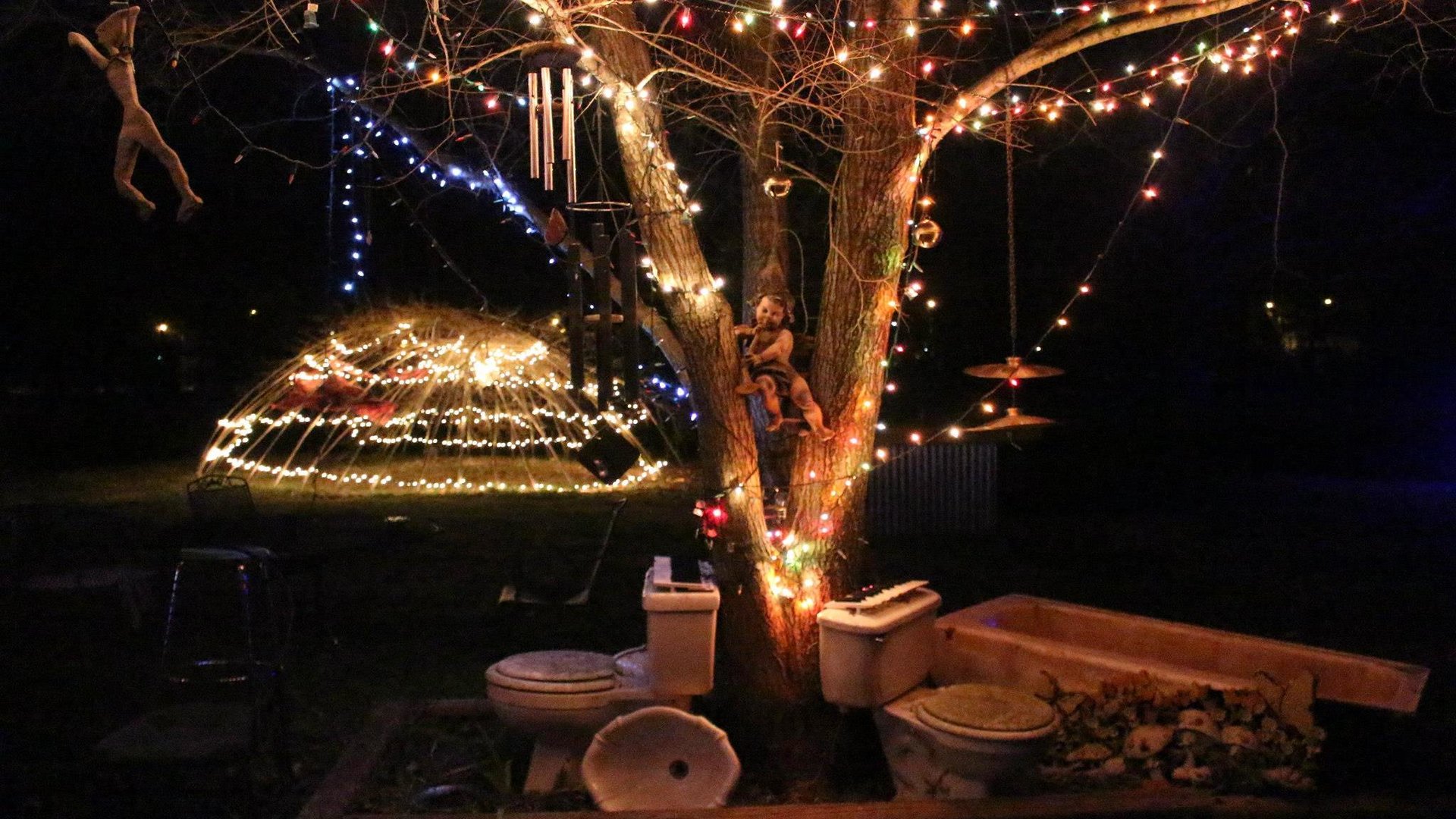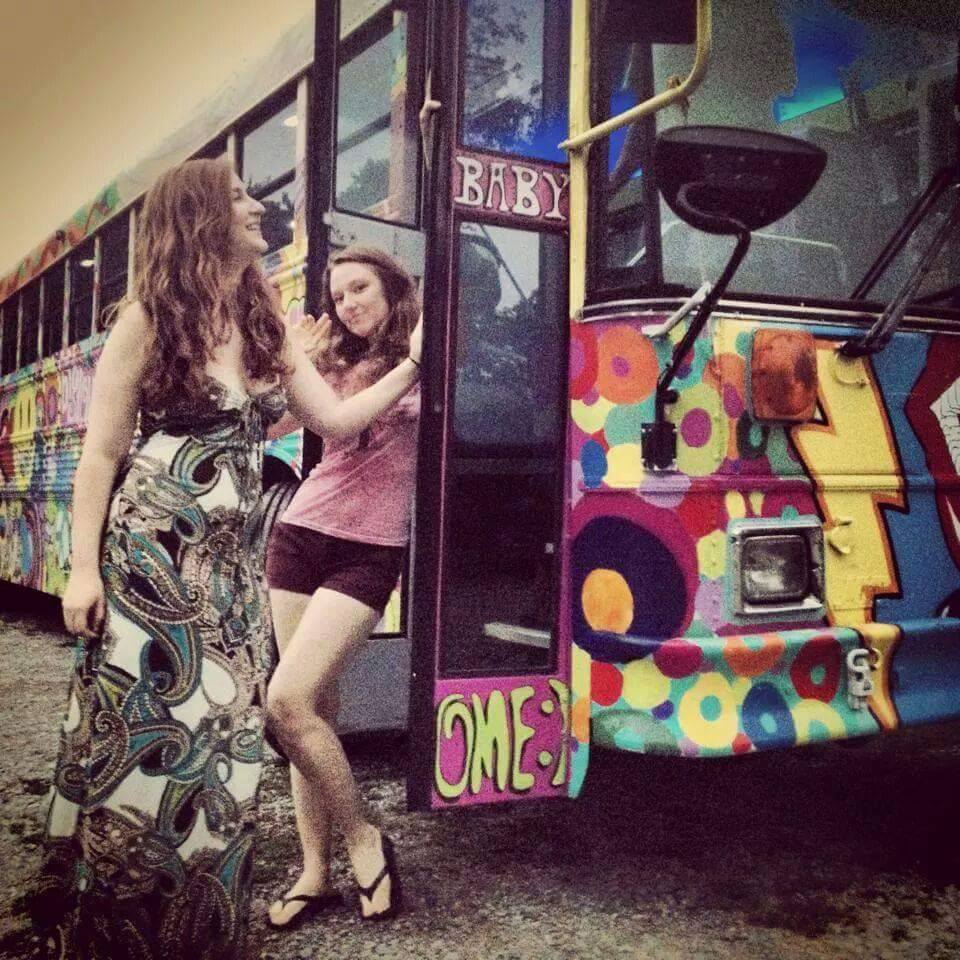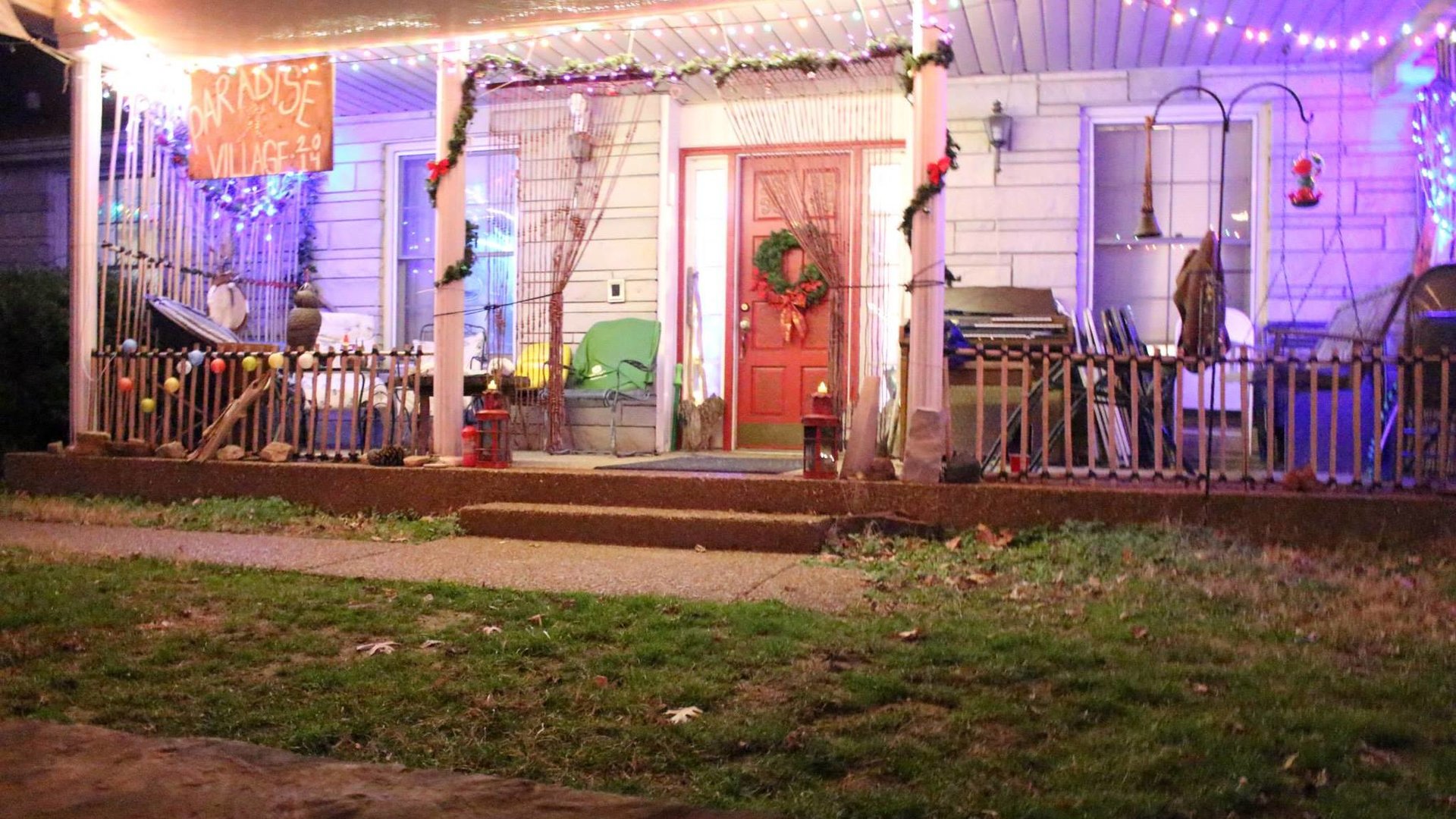The Road To Legend Valley
The flow of the stream of traffic on I-70 East began to slow as we approached Exit 132 for Thornville. As we came to a standstill on the exit ramp, the mercifully overcast gray sky graced us with a cool breeze. From our perch high atop the exit ramp, I surveyed the rolling fields below, populated with people united by a common purpose. The caravan of cars packed to the brim with camping gear and hula hoops (the essentials) created a kaleidoscope of red taillights before me. This was not my first rodeo: in fact, I knew the way to Legend Valley well enough by now that I don’t think either I or my navigator had to once glance at the map. However, this time was different. This was the first time All Good would be hosted at Legend Valley since the residents in the small West Virginian town which had hosted it for years prior had driven the festival off of Marvin’s Mountaintop. Apparently, Masontown didn’t much care for long-haired, freaky people. Although I’m sure many in the sea of cars before me lamented this fact, I was quite at peace with it. I had heard horror stories of the emergency breaks of vans parked on its steep slopes failing, resulting in their barreling down the mountain through camper’s tents… besides, Legend Valley was about half the distance from my home in Louisville than was Marvin’s Mountaintop.
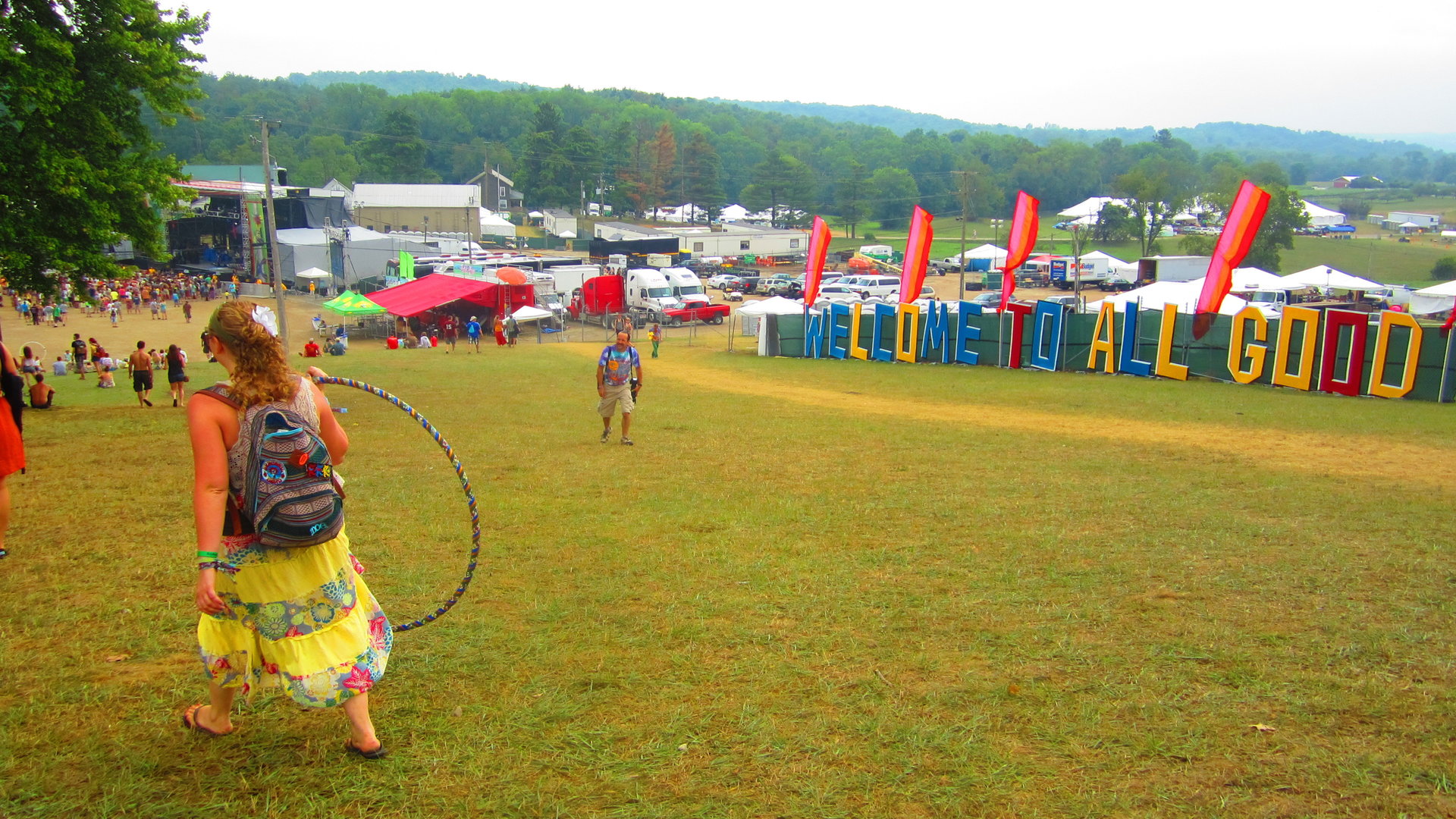
I Need A Miracle
Our car crept down the ramp and onto the two-lane road leading to Legend Valley, which was now only a few hundred feet away. The pace of progress allowed for time to exchange pleasantries with fellow travelers and observe the people holding cardboard signs with the words “I Need a Miracle” scrawled across them. I was unable to deliver any their miracle, but it ignited something inside of me to realize that I was amidst people who knew where the phrase was from and what it meant: a clever, empathic way to plead for tickets; an allusion to a song by the band all here held in high regard: The Grateful Dead.

Garcia
I remember when Jerry Garcia died. I was about six years old. As many children of the 90s, I had quite an impressive collection of Beanie Babies. I recall sitting in the back of my mom’s minivan, holding my newest trophy: a tie-dyed bear named “Garcia.” I demanded my mom tell me more about who this Garcia person had been and how he could have been so cool as to merit not only his own Beanie Baby, but a tie-dyed one at that. She struggled to explain to me a G-rated version of who The Grateful Dead were and why Garcia met with an untimely death the same way that my extended family members were taken aback with my inquisitiveness in response to their comments about my choice of attire: “You ready to go to Woodstock?” All that my six-year-old mind could wonder was, “What’s a Woodstock?” It sounded like a place I’d like to go, if there were people there who dressed like me. From my earliest years – and I accredit this to an infatuation with the show “The Wonder Years” and the discovery of a totally awesome leather fringe vest in my dress-up box – I wore nothing but bell-bottom jeans, round, tinted glasses, rib-knit tops and headbands, no matter what the occasion. By the 4th grade, I was already tired of being asked “when I was going on” at my elementary school’s talent shows. “This isn’t a costume,” was a phrase that crossed my lips more times before my 12th birthday than most will be able to boast their entire lives.
Unfortunately, I was about 40 years late for Woodstock. However, I was right on time for the 16th Annual All Good Festival. Early, even. My travelling companion and I knew the gates to the campgrounds would open at 12:00 p.m., and so there we were, creeping down that two-lane road at 11:59 a.m. in hopes of staking out one of the more desirable camp sites. My longtime friend and partner-in-crime was behind the wheel of my car as we approached our destination.

“I’m so heady, I’ve been on tour since before I was born.”
My copilot has been a Deadhead since the womb: her mom saw the Grateful Dead in concert while she was pregnant with Stephanie. Stephanie also saw the Grateful Dead at Legend Valley with her mom, before Jerry’s death – something few members of our generation can honestly say. In fact, legend has it that Stephanie’s mom is a primary reason why glass is now contraband in the festival grounds of Legend Valley: as the story goes, before Stephanie was even thought of, her mom stepped on a piece of broken glass early in the weekend and refused to leave to seek medical treatment, not wanting to miss any of the music. By the end of the weekend, her leg was more than just a little infected… and so, microbrews are best left at home, although the festival staff is usually patient and understanding enough to allow you to pour your booze into the acceptable plastic containers.
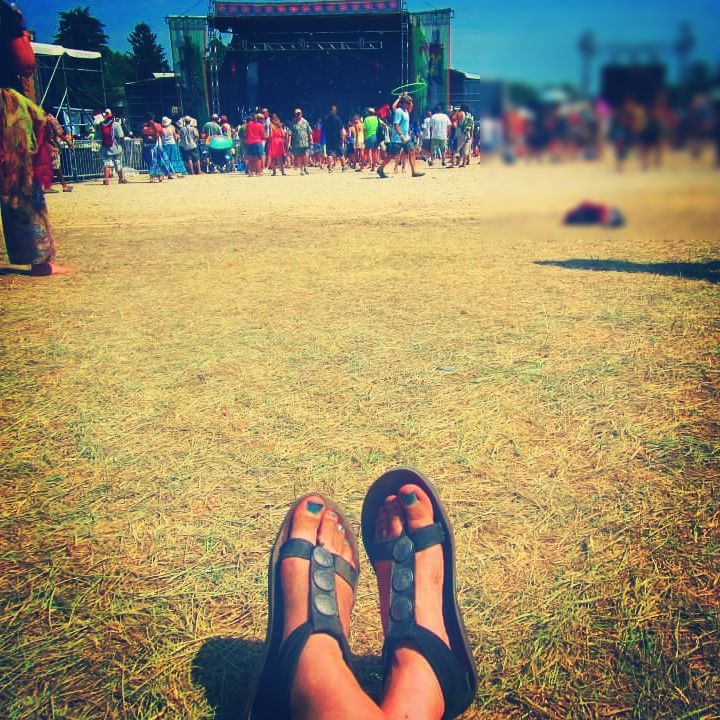
A Cold Wind In July
Come nightfall, Stephanie and I found ourselves standing front and center for Phil Lesh and Friends, a band fronted by Lesh, the former bassist for the Dead. We hadn’t eaten since we’d crossed the state line and I was beginning to feel faint. I had left our campsite in a hurry and in the midst of the excitement, had forgotten all of my money and so the food vendors and beer tents only taunted me. Lesh’s spirited performance hadn’t waned at all with the passing decades, but somehow even his radiantly sheepish grin and kind eyes framed by his wire-rimmed glasses could not assuage my irritability. I had dressed for July heat, but the temperature only continued to drop as the wind picked up with the storm rolling in. I did not anticipate shivering in the front row, cold and hungry, when planning the pilgrimage to see what remained of the Dead.
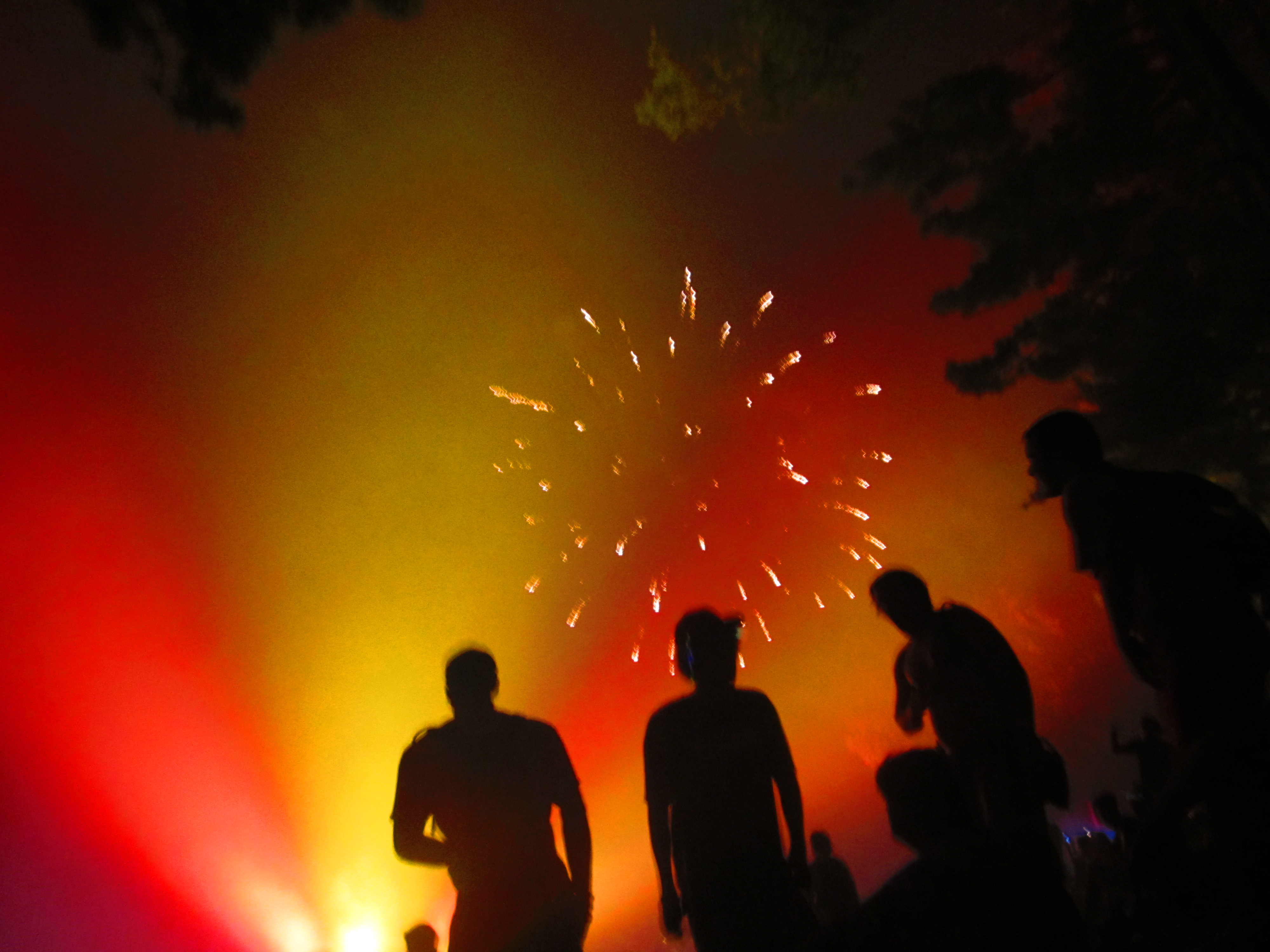
And We Bid You Goodnight
Stephanie reluctantly followed as I retreated from the front lines of the crowd to sit in the grass. We were now on the outskirts of the crowd, only barely illuminated by the light of the stage. Yearning for the blankets and warmth my tent promised, I considered abandoning the concert grounds altogether. As I sat at the foot of the grassy hill feeling sorry for myself, I suddenly noticed a conspicuous absence of Lesh’s pulsing bass line. My gaze rose from the ground to the stage as the band gathered to center stage, their instruments at rest at their sides. As the saying goes, time stopped as I was overcome by the a capella song. Phil Lesh and Friends recited the worn, yet timeless, words to the traditional “And We Bid You Goodnight.” Stephanie’s mom had passed down her knowledge about the rituals involved with different Dead songs to her and Stephanie, in turn, educated me. This song would often signify the end of set, the end of the night. I realized, at that very moment, I was part of an experience that transcended space and time. I was being sent off by this song under country stars to make my bed in a tent, to drift off to sleep to the wood whisper the same way as so many had before me. I remembered that I was supposed to clap twice after the word “goodnight.” Forgetting all cold, hunger and thirst, I looked up to the stars, the same stars seen by those who came before me, as the Dead assured us, “I love you, but Jesus loves you the best.” The band sang, “and I bid you good night,” and I faintly clapped.
